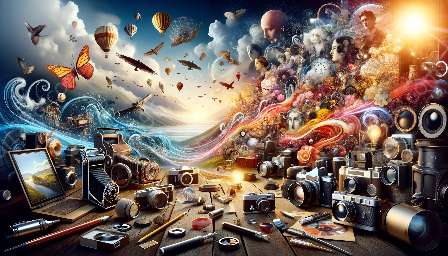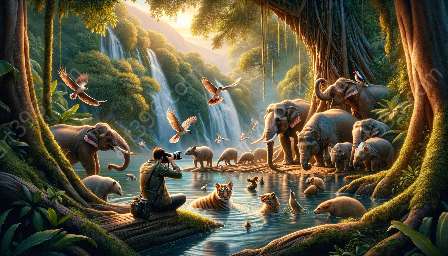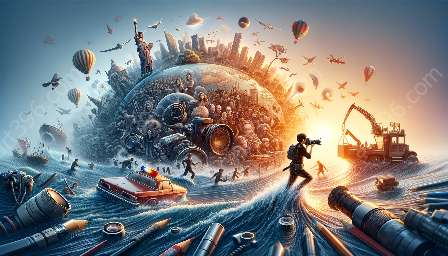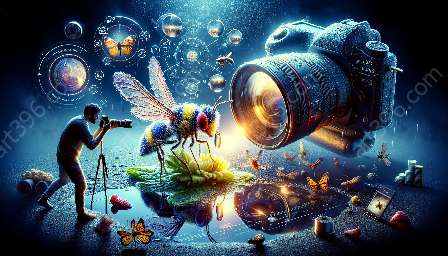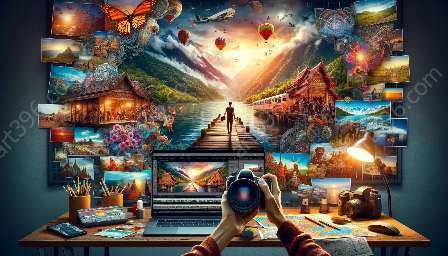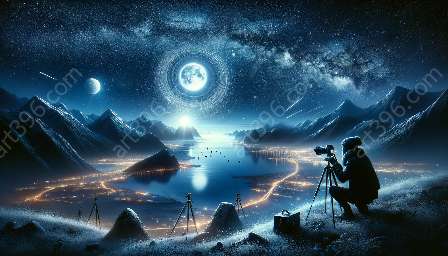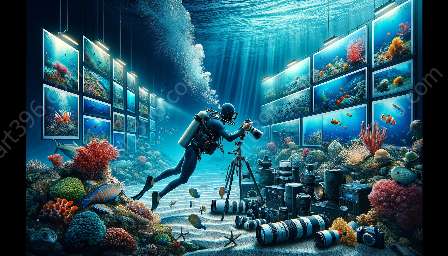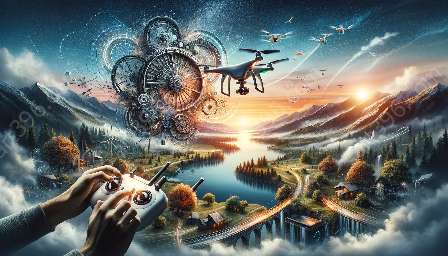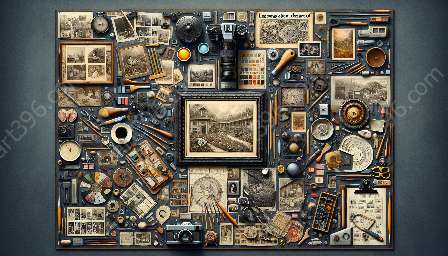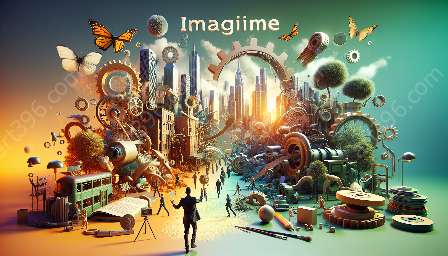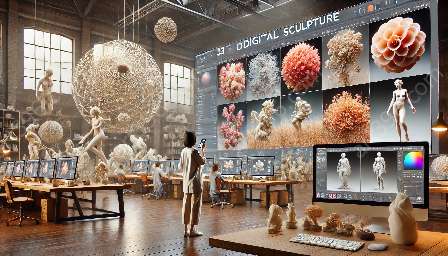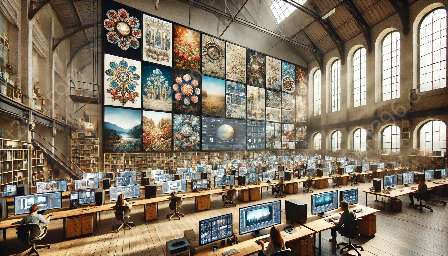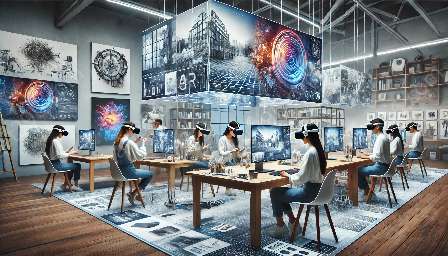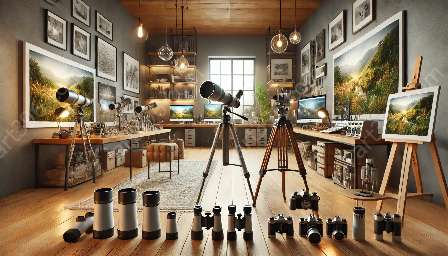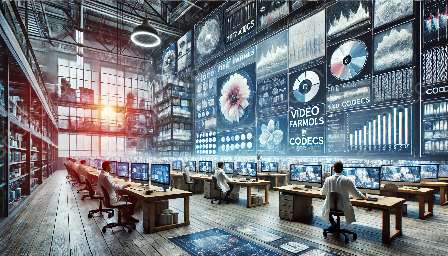In the digital era, documentary photographers face a plethora of career opportunities and challenges shaped by technological advancements, artistic evolution, and societal shifts. As the field of photographic & digital arts continues to transform, it is crucial to understand the impact on documentary photography and the professionals within this realm.
The Evolution of Documentary Photography in the Digital Age
Documentary photography has undergone significant changes in the digital age. The accessibility of digital cameras and photo editing software has democratized the field, allowing more individuals to engage in documentary photography. This has led to an influx of talent and diverse perspectives within the industry, offering both opportunities and challenges for established and aspiring documentary photographers.
Opportunities for Documentary Photographers in the Digital Era
The digital era has expanded the reach and impact of documentary photography. Social media platforms and online publications provide new avenues for photographers to showcase their work and connect with global audiences. Additionally, advancements in digital storytelling techniques, such as multimedia presentations and interactive documentaries, have created opportunities for photographers to engage with viewers in innovative ways.
Furthermore, the growing demand for visual content across various industries, including journalism, marketing, and non-profit organizations, has increased the need for skilled documentary photographers. As a result, professionals in this field have the opportunity to diversify their career paths and collaborate with a wide range of clients and organizations.
Challenges Faced by Documentary Photographers in the Digital Age
While the digital era has opened doors for documentary photographers, it has also presented challenges that require adaptation and resilience. The ubiquity of digital images and the rise of user-generated content have contributed to issues of image authenticity, credibility, and oversaturation. Documentary photographers must navigate these challenges while upholding the ethical standards and storytelling integrity that define their craft.
Furthermore, the digital landscape has altered the traditional revenue models for photographers, requiring them to explore alternative income streams, such as print sales, workshops, and commissioned projects. Navigating the complexities of copyright, licensing, and digital rights management has become essential for documentary photographers to protect their work and sustain their livelihoods.
Impact of Photographic & Digital Arts on Documentary Photography
Photographic & digital arts play a pivotal role in shaping the practice and perception of documentary photography. The intersection of technology, visual storytelling, and artistic expression has redefined the possibilities for documentary photographers, influencing their creative processes and career trajectories.
Artistic Exploration and Experimentation
Advancements in digital imaging technologies and post-processing techniques have empowered documentary photographers to explore new realms of artistic expression. From digital manipulation to immersive multimedia installations, photographers have leveraged digital arts to push the boundaries of storytelling and engage audiences in thought-provoking ways.
Ethical Considerations and Authenticity
The proliferation of digital platforms has raised important ethical considerations for documentary photographers. The ease of digital manipulation and the potential for misrepresentation have underscored the significance of authenticity and ethical storytelling. Artists must navigate these complexities while upholding the integrity of their documentary work, instilling trust in their audiences.
Creative Collaboration and Cross-Disciplinary Opportunities
The convergence of photographic and digital arts has fostered collaborative opportunities across disciplines. Documentary photographers now engage in cross-disciplinary projects, collaborating with videographers, web developers, and graphic designers to create immersive visual experiences. This interdisciplinary approach not only expands creative horizons but also opens doors to new career prospects beyond traditional photography.
Conclusion
The digital era has redefined the landscape of documentary photography, presenting a dynamic interplay of career opportunities and challenges for professionals in this field. As photographic & digital arts continue to evolve, documentary photographers must adapt to the changing industry paradigms, harnessing the potential of technology while preserving the authenticity and ethical principles that define their craft. By embracing innovation, cultivating diverse skill sets, and staying true to their storytelling visions, documentary photographers can navigate the digital era with resilience and creativity.
